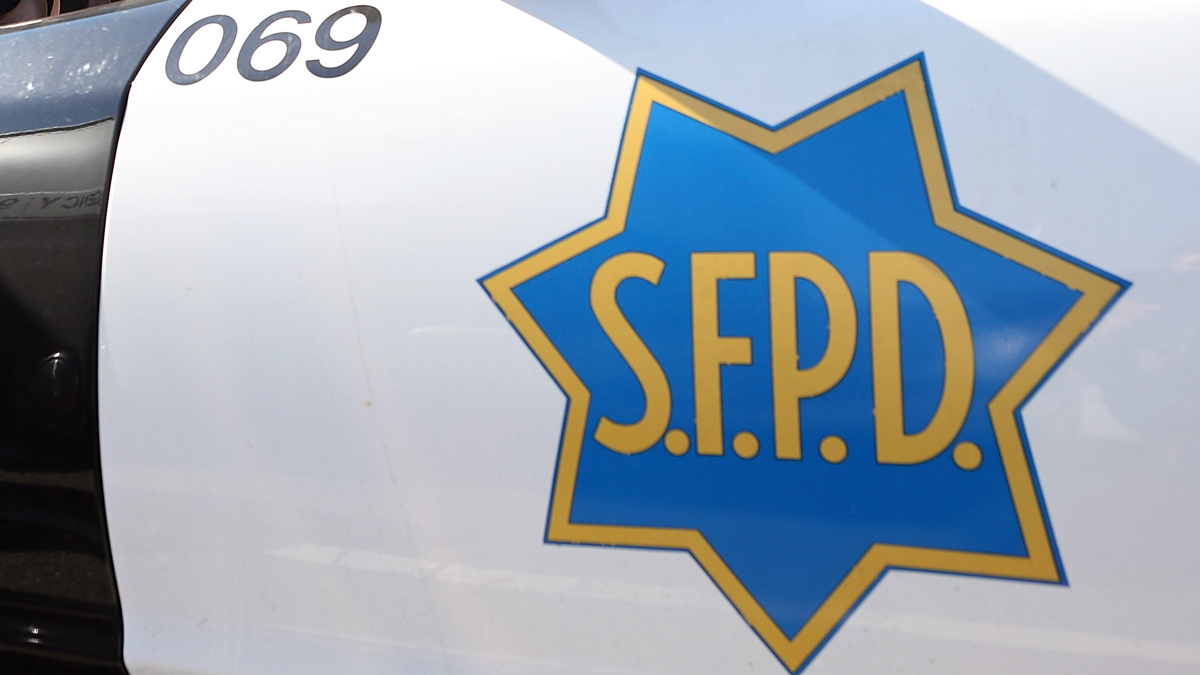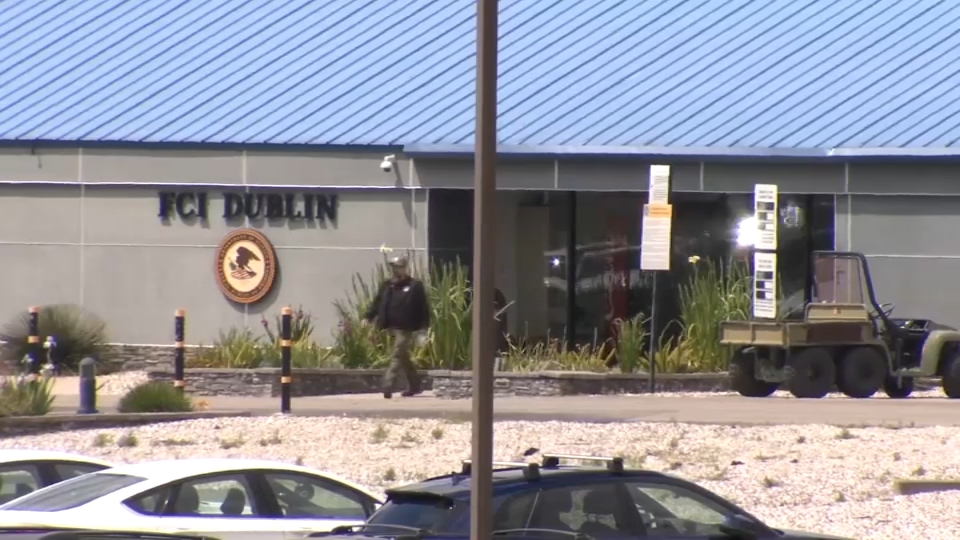A battle is brewing in Richmond over a proposed tax on sodas and other sugary drinks. If voters approve the penny-per-ounce business tax on these drinks, Richmond could become the first city in the country to do so.
No surprise, the beverage industry is pouring lots of money to defeat Measure N, to the tune of $354,000, and once cable TV and radio ads start running, that number is expected to balloon.
Richmond Councilman Jeff Ritterman introduced Measure N as a way to try and combat childhood obesity.
"Fully 1/3 of our African American and Latino 5th and 7th graders were obese and another 20 percent were overweight, so it was pretty clear that we have a crisis," Ritterman said. "We know the results these children are going to lose years off their life and it's not their fault. It's not fair."
Click here to read a CDC Report on sugar-sweetened beverages
If voters approve the measure on Nov. 6, the city will charge Richmond businesses a penny for every ounce of sugary drinks they sell,bringing in an estimated three million dollars a year. While Ritterman said he wants the money to go towards anti-obesity programs, Chuck Finnie, the No on N Campaign spokesman says that's not the case.
“Every single penny of the ordinance was going to unrestricted into the general fund," Finnie said.
Local
And he’s right.
The city ordinance proposal says, "The proceeds of the fee imposed by Section 7.08.020 shall be deposited into the City's general fund and shall be available for any lawful municipal purpose."
Ritterman said there’s a good explanation why he didn’t earmark the money specifically towards anti-obesity measures:"If you stipulate, you need 2/3 majority to win. We didn’t want a small minority to derail this."
Some Richmond residents have faith politicians will do the right thing, and support the measure, including Jeff Rutland who said: "To me that tax if used in the right way for sports field and gets our kids active again, it's very good. I mean I wouldn't mind paying an extra quarter on a dollar soda."
Others—like the women at “Cuttin’ Up” hair salon aren’t so sure.
"I’m not for sugary drinks but I’m not for one city being singled out," Pam Williams said. "How can they do that? It doesn’t make sense, and what are they going to do with the money?"
Cuttin' Up owner, Curly Miller added: "Educating the community about the dangers of sugary drinks is a better idea than taxing them."
The Community Coalition Against Beverage taxes, which which bankrolled this initiative is doing what it can to defeat the measure, paying for billboards, hiring political consultants, mailing out campaign literature, and staffing a phone bank.
Ritterman takes issue with the phone bank calls. "I think that they're lying on their phone calls," he said, adding, "they’re telling people infant formula and Ensure is going to be taxed which is not true."
Finnie however defended what phone bank staffers tell voters. "It’s a lot more than soda it’s many juices, it’s sports drinks, it’s flavored milk like chocolate milk, it’s certain infant formula it’s certain adult nutrition supplements."
Finnie also claimed Ritterman knows full well what's included in the measure. "Councilman Ritterman has acknowledged that infant formula that has added sugar is covered and if he’s changed his tune on that that is something will have to address and debate later on.”
According to the Community Coalition Against Beverage Taxes Campaign spending report, the group has shelled out $354,000 dollars so far.
Here's how the money has been spent:
- $140,000 on political consultants
- $132,430 on polling and survey research
- $60,000 on billboards.
- $5709 on campaign literature and mailings.
One thing the campaign spending report however does not include is cable TV and radio ads. They've been shot, but have not yet aired. Those costs are expected to be reflected on the next filing, which is due Oct. 5.



